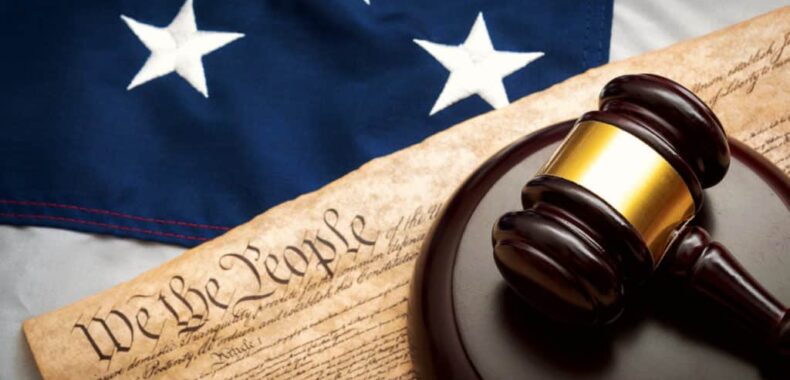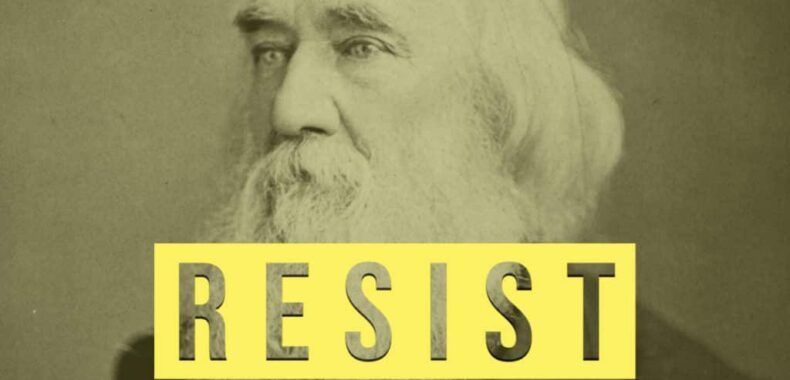Necessary is Supposed to Mean Necessary
By: Michael Boldin When the Constitution was ratified, the word necessary meant, well, necessary. But in the dystopian “future” we live under today, words don’t mean what they actually mean. They ...
Read more.Second Amendment: Revisiting the Original Congressional Debates
By: TJ Martinell Second Amendment scholars and historians have almost completely skipped over a detailed analysis of the debates in the First Congress. What wasn’t discussed might be as important as ...
Read more.The Destructive Legacy of the Federal Taxing Power
By: Bob Fiedler How many people stop to consider if there are any restrictions on what or how the federal government can tax? Does the Constitution for the United States allow ...
Read more.Necessary Does not Mean Useful or Convenient
By: TJ Martinell One of the most famous and important Supreme Court opinions is from the 1819 McCulloch v. Maryland case. It set the stage for massive expansion of federal power by incorrectly ...
Read more.Did the Constitution Fail the People? Or Did the People Fail the Constitution?
By: Mike Maharrey Did the Constitution fail? A lot of people think it did. This popular quote by Lysander Spooner sums up the thoughts of many. “But whether the Constitution ...
Read more.The Tyranny of the Majority
By: Judge Andrew Napolitano “Which is better — to be ruled by one tyrant three thousand miles away, or three thousand tyrants one mile away?” -Rev. Mather Blyes (1706-1788) Does it ...
Read more.The 2nd Amendment: 3 main reasons it exists
By: Michael Boldin 1. Individual, natural right of self-defense. 2. In defense of liberty, the union, and the states. 3. To prevent the “greatest threat to liberty” – large standing armies. ...
Read more.Refuse to Cooperate: How the Colonies Responded to the Boston Port Act
By: Mike Maharrey James Madison gave us a blueprint to stop “unwarrantable” government actions (or even “warrantable” actions that happen to be unpopular) in Federalist #46. Madison wrote that “a refusal to cooperate with ...
Read more.Lysander Spooner’s Strategy to Stop Unconstitutional Acts
By: Mike Maharrey Resist. That was Lysander Spooner’s strategy to stop unconstitutional acts that was very much in line with James Madison and other prominent founders. Spooner was a prominent 19th-century ...
Read more.The Original Meaning of “Necessary” in the Necessary and Proper Clause
By: TJ Martinell One of the most significant (and often abused) clauses in the U.S. Constitution is the “Necessary and Proper” Clause. The clause states: “The Congress shall have Power… To ...
Read more.








